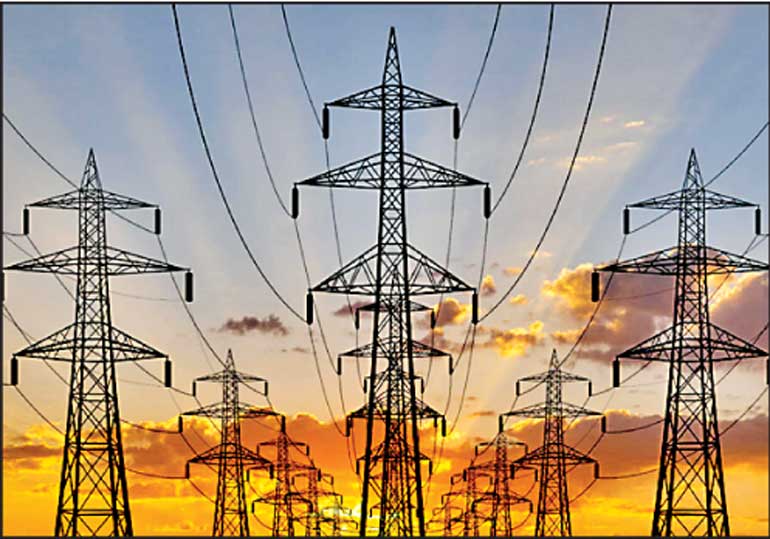Sunday Feb 22, 2026
Sunday Feb 22, 2026
Tuesday, 17 October 2023 01:46 - - {{hitsCtrl.values.hits}}

The Public Utilities Commission of Sri Lanka (PUCSL) has recommended the Ceylon Electricity Board (CEB) revisit its proposed electricity tariff revision, citing substantial discrepancies in the assumptions underlying the filing.
In a letter dated 13 October to the CEB General Manager about letters dated 4 and 26 September, the PUCSL Director-General has called for a resubmission of the tariff proposal, using the most recent available data, before 18 October 2023.
The three identified deviations are primarily related to increased demand, depleted hydro, and coal dispatch.
The CEB projected a demand of 44.70 GWh/day for September 2023 and an average of 42.88 GWh/day for October to December 2023. However, the PUCSL asserted that the actual generation demand for September 2023 was 41.01 GWh/day and 41.30 GWh/day for October 2023. Against this backdrop, the PUCSL argued that the proposed CEB requirement was groundless by the most recent statistics.
As per hydro depletion, the CEB anticipated a starting storage capacity of 503 GWh in October 2023 and 635 GWh in November 2023. Contrarily, the PUCSL reveals that as of yesterday, the hydro storage level is at a robust 668 GWh. Furthermore, the inflow from 1 to 12 October 2023 recorded 314 GWh, surpassing earlier estimates by a substantial margin.
Regarding coal dispatch, the CEB projected a total shipment of 1,444 GWh in the 15 May submission and 1,334 GWh in the 4 September 2023 submission. However, the PUCSL foresees a significant decline in demand against the drop in coal dispatch.
Furthermore, coal prices have reduced from Rs. 68.6 per kilo as of 15 May 2023 submission to Rs. 52.6 per kilo as of 4 September 2023 submission. Therefore, the PUCSL contends that the most recent data cannot support the impact of the reduction in coal dispatch.
The electricity users welcomed the PUCSL directive for reconsideration, emphasising the need for accurate data in policy formulation, which will eventually benefit consumers and stakeholders alike.